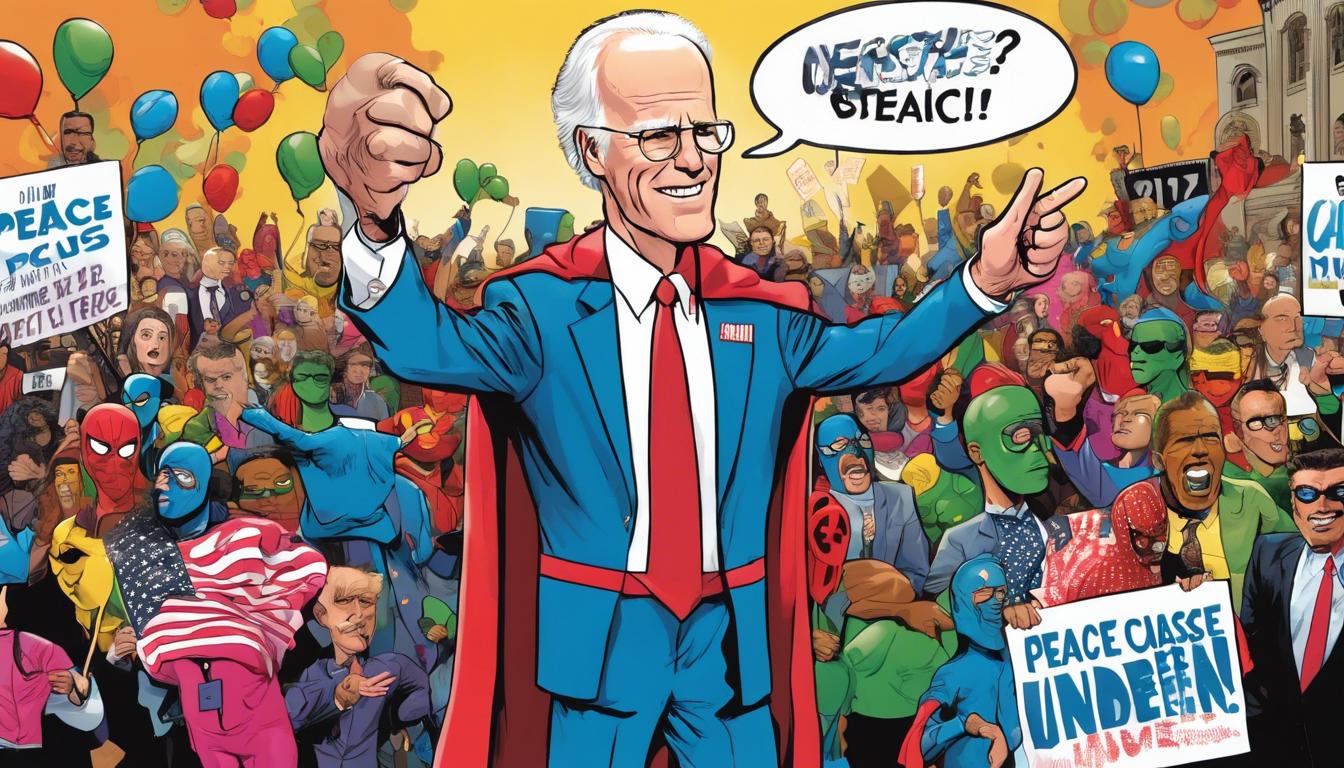Vermont Senator Peter Welch has expressed concerns to President Biden over the Israel-Gaza conflict and its effects on upcoming elections, advocating for a ceasefire and humanitarian support. This stance, echoed by other Democrats like Senator Chuck Schumer, indicates a shifting perspective within the party on US-Israel relations and its impact on peace efforts.
Senator Peter Welch of Vermont has recently expressed concerns to President Biden regarding the Israel-Gaza conflict, suggesting it could significantly impact upcoming elections, particularly among young voters. In a discussion with The Independent, Welch advocated for an immediate ceasefire in Gaza, pointing out the humanitarian crisis and criticizing the Israeli government’s approach. He argued for the US to focus on peace and humanitarian aid to Palestinians, suggesting the potential for conditioning aid to Israel. This stance indicates a shift within the Democratic Party, mirroring sentiments from other members like Senator Chuck Schumer who has called for new leadership in Israel and reevaluation of unconditional US support.
Simultaneously, protest votes in Washington and Georgia have highlighted dissent among Democratic voters against President Biden’s current stance on the Gaza conflict. In Washington, over 56,000 voters opted for “uncommitted” delegates, and in Georgia, thousands of votes were left blank or cast for Marianne Williamson, a known ceasefire proponent. These protests, initially starting in Michigan, have spread, indicating a clear message to Biden to reconsider his policies on Gaza.
Adding to the political discourse, Senator Chuck Schumer criticized Israeli Prime Minister Benjamin Netanyahu, suggesting his removal due to his stance against a two-state solution and the continuation of policies deemed unproductive for peace efforts. Schumer’s comments have stirred tensions, receiving criticism from Israeli officials who defended their government’s actions. Despite the Biden administration’s efforts to distance itself from Schumer’s remarks, they underscore a growing dissatisfaction within parts of Washington regarding Netanyahu’s leadership and the broader implications for regional stability and peace prospects.
These developments reflect an evolving dynamic within US politics concerning the Israel-Gaza conflict, marked by calls for a shift in policy, humanitarian considerations, and the future of US-Israel relations.













